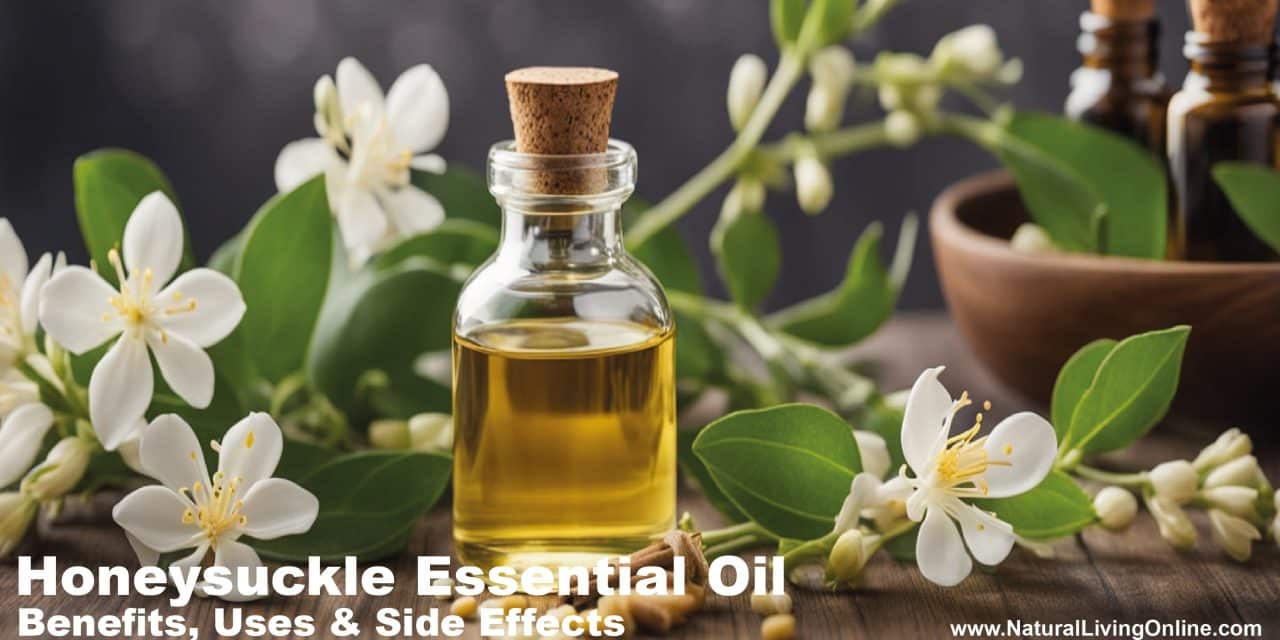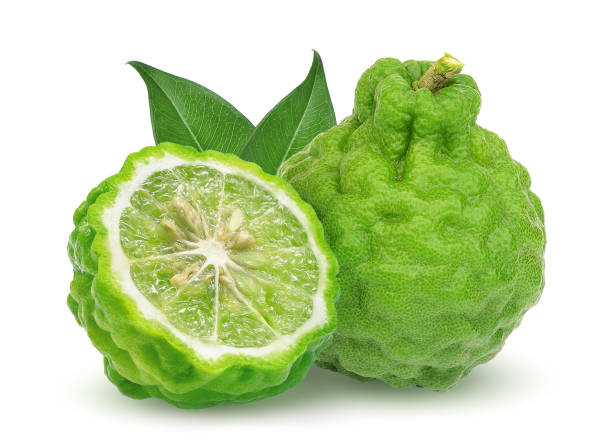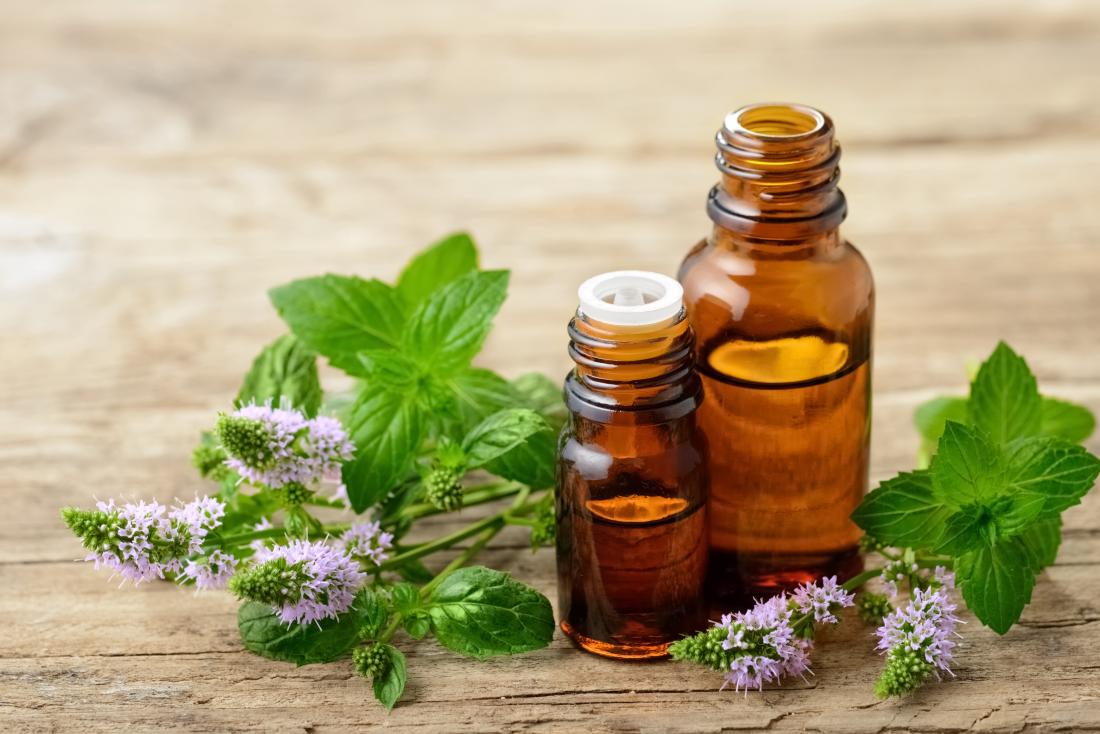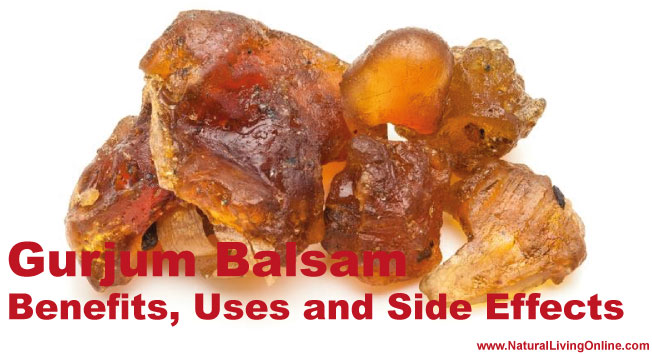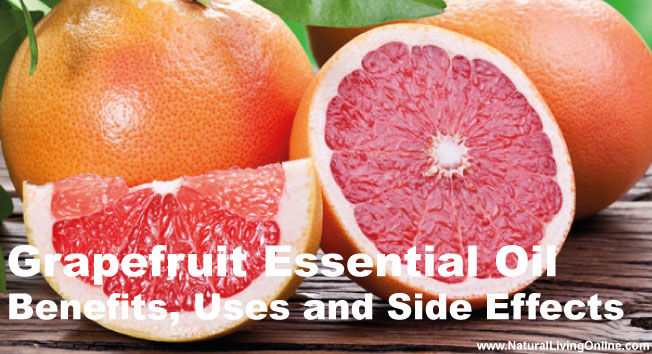Honeysuckle essential oil, derived from the flowers of the Lonicera caprifolium plant, has a sweet and enchanting fragrance that has captivated people for centuries. Known for its versatility, the oil is used in various forms, from aromatherapy to cosmetic products. The allure of honeysuckle oil lies not only in its delightful scent but also in its range of potential health benefits. It is believed to possess anti-inflammatory and antibacterial properties, making it a sought-after natural remedy for a multitude of ailments.
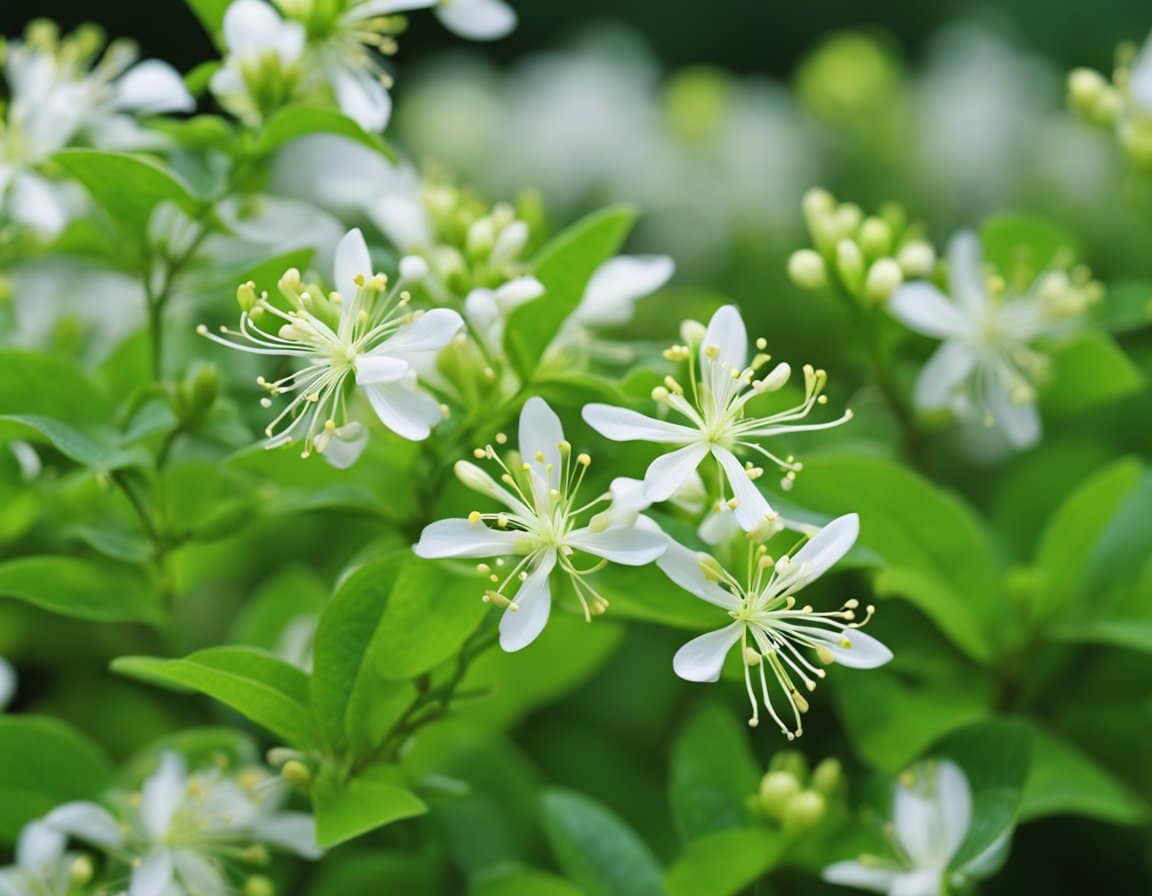
While the essential oil market is flooded with a variety of options, honeysuckle essential oil stands out due to its distinctive characteristics. The oil contains components that may soothe headaches, promote skin health, and could possibly balance blood sugar levels. Its traditional use in herbal medicine and modern applications in skincare and aromatherapy underscore its enduring relevance. Still, despite its many benefits, it is important to approach the use of honeysuckle essential oil with an informed understanding of both its potential advantages and the necessary precautions.
Key Takeaways
- Honeysuckle essential oil offers a unique combination of aromatic pleasure and therapeutic benefits.
- It’s used in diverse ways, from skin and hair care to reducing inflammation and possibly aiding in blood sugar management.
- Users should remain aware of the proper usage guidelines and potential side effects when incorporating honeysuckle oil into their routine.
Honeysuckle Essential Oil Profile
Botanical Name: Lonicera japonica
Common Names: Japanese honeysuckle, Jin Yin Hua (in Traditional Chinese Medicine)
Plant Family: Caprifoliaceae
Countries of Origin: Native to East Asia, including Japan, Korea, and China.
Extraction Method: Honeysuckle essential oil is typically extracted through solvent extraction or steam distillation of the flowers.
Parts Used: Flowers
Essential Oil Smell: Honeysuckle essential oil has a sweet, floral scent with hints of honey and a touch of citrus.
Essential Oil Color: Pale yellow to light orange.
Viscosity: Thin
Perfumery Note: Middle to Top Note
Strength of Aroma: Medium
Blends Well With
- Citrus oils like bergamot and lemon
- Floral oils such as jasmine and rose
- Woody oils like cedarwood and sandalwood
- Herbal oils like lavender and chamomile
Therapeutic Properties
- Antioxidant
- Anti-inflammatory
- Antibacterial
- Antiviral
- Relaxant
- Astringent
Uses
- Aromatherapy: Honeysuckle oil is used in aromatherapy to promote relaxation, alleviate stress, and uplift mood.
- Skincare: It is used in skincare products for its antioxidant properties and to help soothe skin irritations.
- Perfumery: Due to its sweet floral scent, honeysuckle oil is used as a natural fragrance in perfumes and colognes.
- Traditional Medicine: In Traditional Chinese Medicine (TCM), honeysuckle is used to clear heat, detoxify, and alleviate sore throat and fever symptoms.
Contraindications
- Honeysuckle essential oil should be avoided during pregnancy and breastfeeding.
- Individuals with sensitive skin may experience irritation and should perform a patch test before using it topically.
Side Effects
- Possible skin irritation or sensitization in some individuals.
- Ingestion of large amounts of honeysuckle essential oil may cause nausea, vomiting, or diarrhea.
Types
- There are different species of honeysuckle, but the most commonly used for essential oil production is Lonicera japonica.
Chemical Constituents with Percentages
- The chemical composition of honeysuckle essential oil can vary depending on factors such as the extraction method and geographical origin. However, some common constituents include:
- Linalool (10-25%)
- Benzaldehyde (10-20%)
- Benzyl acetate (5-15%)
- Methyl anthranilate (3-10%)
- Germacrene D (2-8%)
- Caryophyllene (2-8%)
The composition of honeysuckle essential oil is notable for its blend of bioactive compounds which contribute to its therapeutic properties. These compounds give the oil its characteristic features, including its significant antioxidant capacity.
Key Components
- Quercetin: This flavonoid is known for its anti-inflammatory and antioxidant effects. Honeysuckle essential oil contains quercetin, which may contribute to the oil’s ability to soothe various conditions.
- Chlorogenic acid: Another integral component, chlorogenic acid is appreciated for its antioxidant and anti-inflammatory capabilities, potentially beneficial in skin care and overall health.
- Vitamin C: Present in the honeysuckle plant, vitamin C is essential for immune defense and skin health, adding to the essential oil’s efficacy.
Antioxidant Capacity
Honeysuckle essential oil’s ability to combat oxidative stress lies in its rich antioxidant profile. The presence of compounds such as quercetin and chlorogenic acid, along with vitamin C, provides a robust defense against free radicals known for causing cellular damage. This activity underscores the oil’s value in health and wellness applications.
Therapeutic Benefits
Honeysuckle essential oil is recognized for its broad range of therapeutic benefits. From anti-inflammatory properties to skin care advantages, this oil provides a natural alternative for improving health and well-being.
Anti-Inflammatory Effects
Honeysuckle essential oil has been found to soothe headaches and reduce inflammation. This makes it a useful remedy for those seeking relief from various inflammatory conditions.
Supporting the Immune System
Containing antimicrobial and antibacterial properties, honeysuckle essential oil can help bolster the immune system. It plays a role in preventing the growth of certain bacteria and viruses, thereby protecting the body from infection.
Skin Care Advantages
The essential oil offers several skin care advantages. It is incorporated into cosmetic products to protect the skin, as well as to boost hair strength. Its application can lead to healthier, more resilient skin and hair.
Aromatherapy and Stress Relief
Utilized in aromatherapy for its calming fragrance, honeysuckle essential oil helps to create a tranquil environment. It assists in alleviating stress and promotes a sense of calmness.
Practical Uses and Applications
Honeysuckle essential oil is renowned for its versatility, serving both practical household needs and offering therapeutic benefits. The oil’s sweet fragrance and potent properties position it as a preferred choice in natural care and medicinal applications.
Household and Personal Care
One can incorporate honeysuckle essential oil into daily personal care routines. As a component in homemade soaps, it imbues the product with a refreshing scent and potent antimicrobial properties. Moreover, when added to bath water, it provides a relaxing experience that can alleviate stress and promote a sense of well-being. For personal care, it can be used to strengthen hair, making it an excellent ingredient in hair care formulations.
- Bath:
- Add a few drops to bathwater for a fragrant and soothing soak.
- Soap:
- Include in homemade soap recipes for both scent and skin benefits.
Medical and Therapeutic Use
From a medical standpoint, honeysuckle essential oil is a beneficial natural remedy. It has been associated with reducing the symptoms of colds and fever, thanks to its anti-inflammatory properties. Also, it may aid in improving digestion and is sometimes used as a massage oil for its supposed ability to relieve pain. However, it is important to note the need for scientific studies to conclusively support these uses.
- Pain Relief:
- May be used diluted in a carrier oil for massage purposes.
- Colds and Fever:
- Inhaling the oil via a diffuser can potentially help ease respiratory discomfort.
Potential Side Effects and Precautions
When considering honeysuckle essential oil, it’s crucial to be aware of possible side effects and to adhere to usage recommendations to ensure safety.
Known Side Effects
Honeysuckle essential oil may cause various side effects, particularly in those with sensitive skin. There is a possibility of allergic reactions, manifesting as skin irritation or rashes. Users should be cautious of photosensitivity; after application, exposure to sunlight might cause skin reactions. Although rare, systemic effects like nausea upon ingestion can occur, since not all parts of the honeysuckle plant are safe for consumption.
Usage Recommendations
Individuals interested in using honeysuckle essential oil should perform a patch test to check for any adverse reactions before widespread use. It is generally recommended to dilute the essential oil with a carrier oil to mitigate the risk of skin irritation. Usage should be cautious among certain groups, including children and pregnant women, due to the lack of comprehensive research on safety in these populations. Those with sensitive skin or existing allergies to plant-based compounds should consult with a healthcare provider before use.
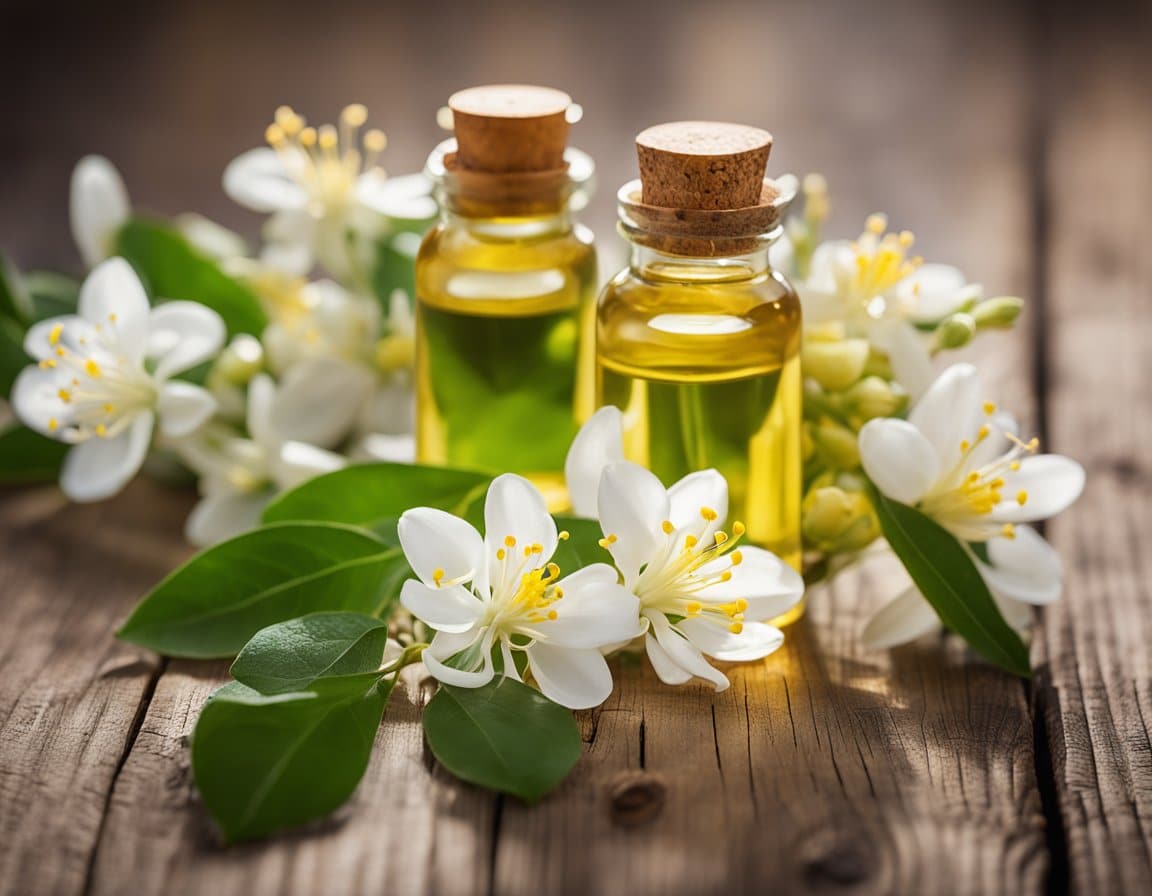
Choosing and Using Honeysuckle Essential Oil
When selecting and utilizing honeysuckle essential oil, one must prioritize quality and observe safe usage practices to ensure a beneficial and non-harmful experience.
Quality and Selection
Quality is paramount when choosing honeysuckle essential oil. Consumers should look for oils that are pure and organic, ensuring the absence of synthetic additives which can detract from the essential oil’s natural properties. A reputable supplier or brand is also critical, as it often indicates a higher standard of product integrity.
In terms of selection, the fragrance of the oil can vary depending on the origin of the honeysuckle. Therefore, it might be beneficial to sample the oil before purchase to confirm that the fragrance meets personal preferences.
Safe Practices
When using honeysuckle essential oil, it is vital to dilute the concentrated oil with a carrier oil such as coconut oil to mitigate potential skin irritation. A standard guideline is to add a few drops of honeysuckle essential oil to a larger amount of carrier oil before application.
Performing a patch test is recommended to detect any allergic reactions. This involves applying a small amount of the diluted oil to a discrete area of skin and waiting to ensure there is no adverse reaction before using it more broadly.
In summary, the key to harnessing the benefits of honeysuckle essential oil lies in choosing a high-quality product and following safe application practices, such as using a suitable carrier oil and conducting a patch test to prevent skin sensitivities.
Frequently Asked Questions
How does Japanese Honeysuckle differ in use as a medicinal plant compared to other varieties?
Japanese Honeysuckle, often used in traditional medicine, stands out for its notable anti-inflammatory and antioxidant properties. However, one must ensure correct identification, as not all honeysuckle varieties are safe for therapeutic use.
What are the potential benefits and drawbacks of consuming honeysuckle tea?
Honeysuckle tea might offer digestive benefits and help alleviate some conditions like bloating and nausea, but it’s essential not to confuse the tea with the essential oil, which is not meant for ingestion.
Can honeysuckle essential oil promote hair growth?
The essential oil has been linked to boosting hair strength, which could potentially support healthier hair growth, although more research might be needed to fully establish its efficacy for this purpose.
Are there any adverse reactions associated with using honeysuckle essential oil?
While generally considered safe, honeysuckle essential oil can cause skin irritation in some individuals, particularly when applied undiluted. It’s essential to conduct a patch test before widespread use.
How can honeysuckle essential oil be used for medicinal purposes?
The oil is often included in wellness practices for its ability to soothe headaches, balance blood sugar levels, and detoxify the body. It may also serve to reduce inflammation and protect the skin.
What are the benefits of honeysuckle essential oil for the skin?
Honeysuckle essential oil is reputed for its anti-inflammatory properties, potentially aiding in the relief of skin conditions like rashes and eczema. Its antimicrobial qualities may also contribute to skin health.
References:
Honeysuckle essential oil as a potential source of ecofriendly larvicides for mosquito control
Chemical composition of honeysuckle essential oil and its fractions
Sustainable Pest Management Using Honeysuckle and Patchouli Essential Oils
This website does not provide medical advice.
All information provided on this website, and on associated social media networks, including but not limited to texts, images, and numbers are for general information purpose only. It is not intended as medical advice and it does not include all possible precautions, side effects, or interactions that may occur. Neither NaturalLivingOnline.com nor its author/founder take responsibility for how you use this information. Statements contained on NaturalLivingOnline.com have not been evaluated by the FDA. You should conduct thorough research via multiple sources and consult your physician or qualified doctor before using any essential oil or herbal remedy. Information on NaturalLivingOnline.com must not be relied upon for medical, legal, financial or other decisions.

